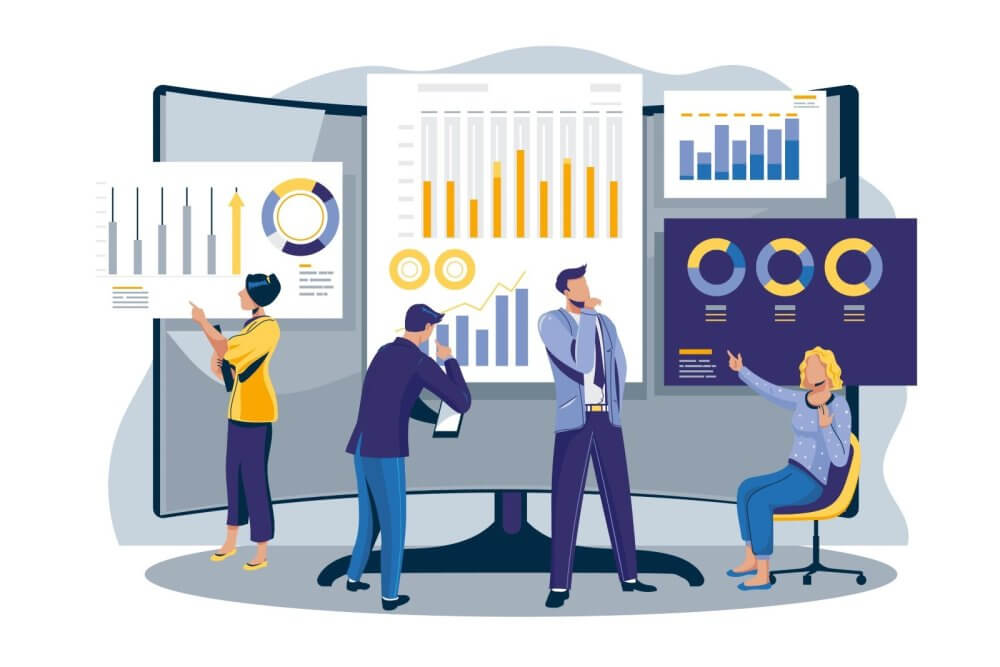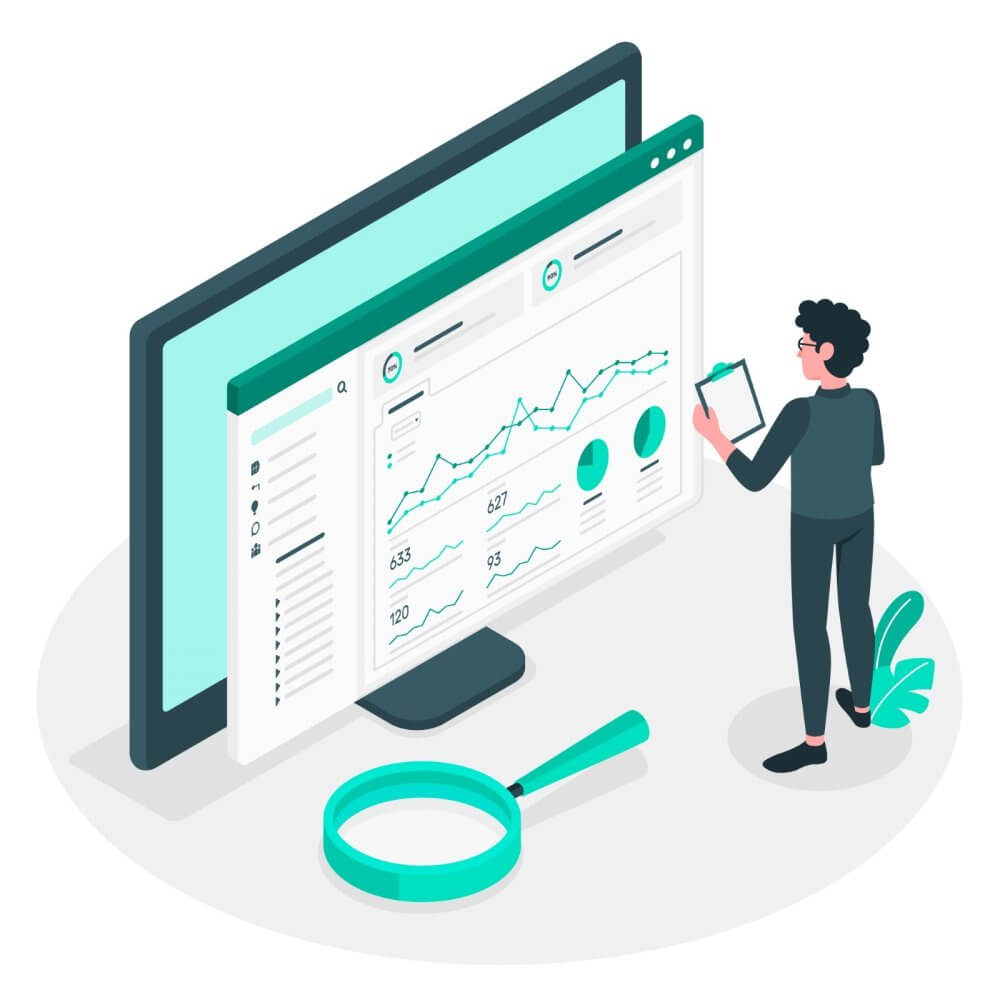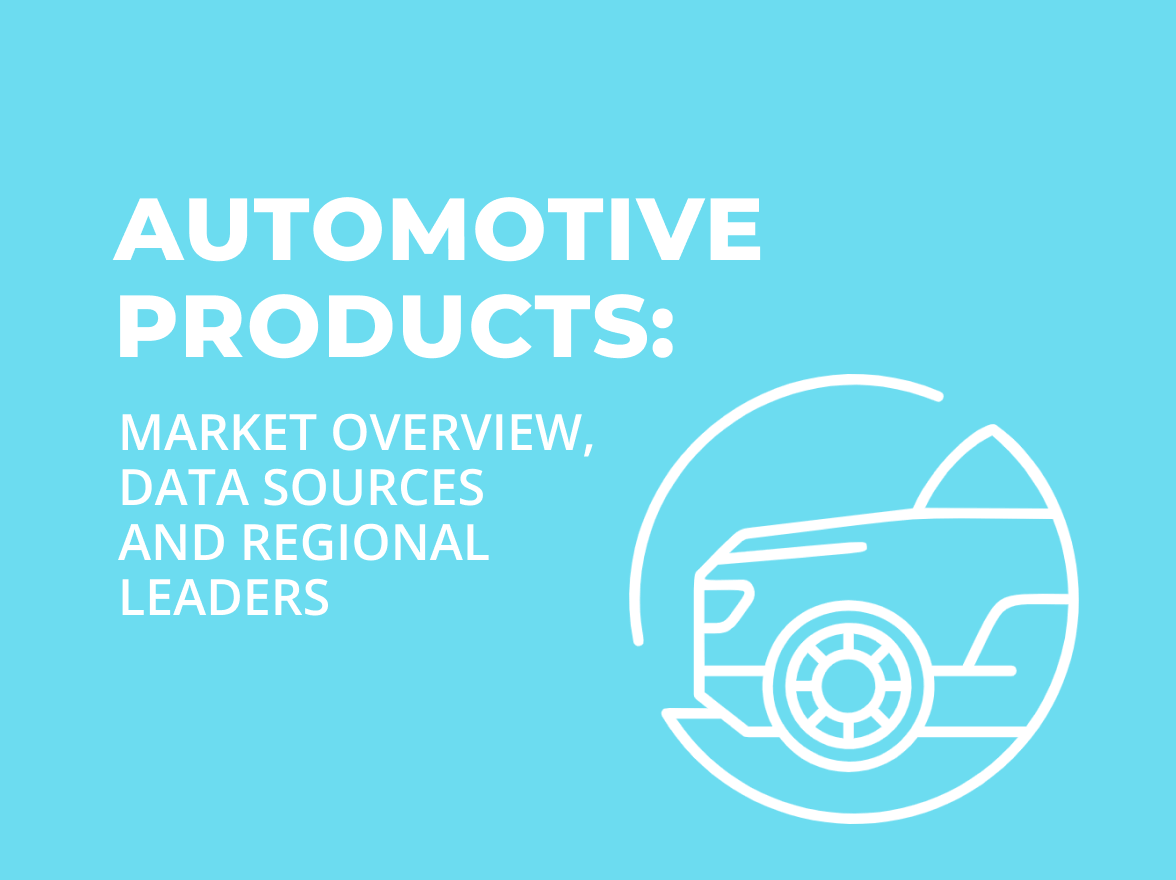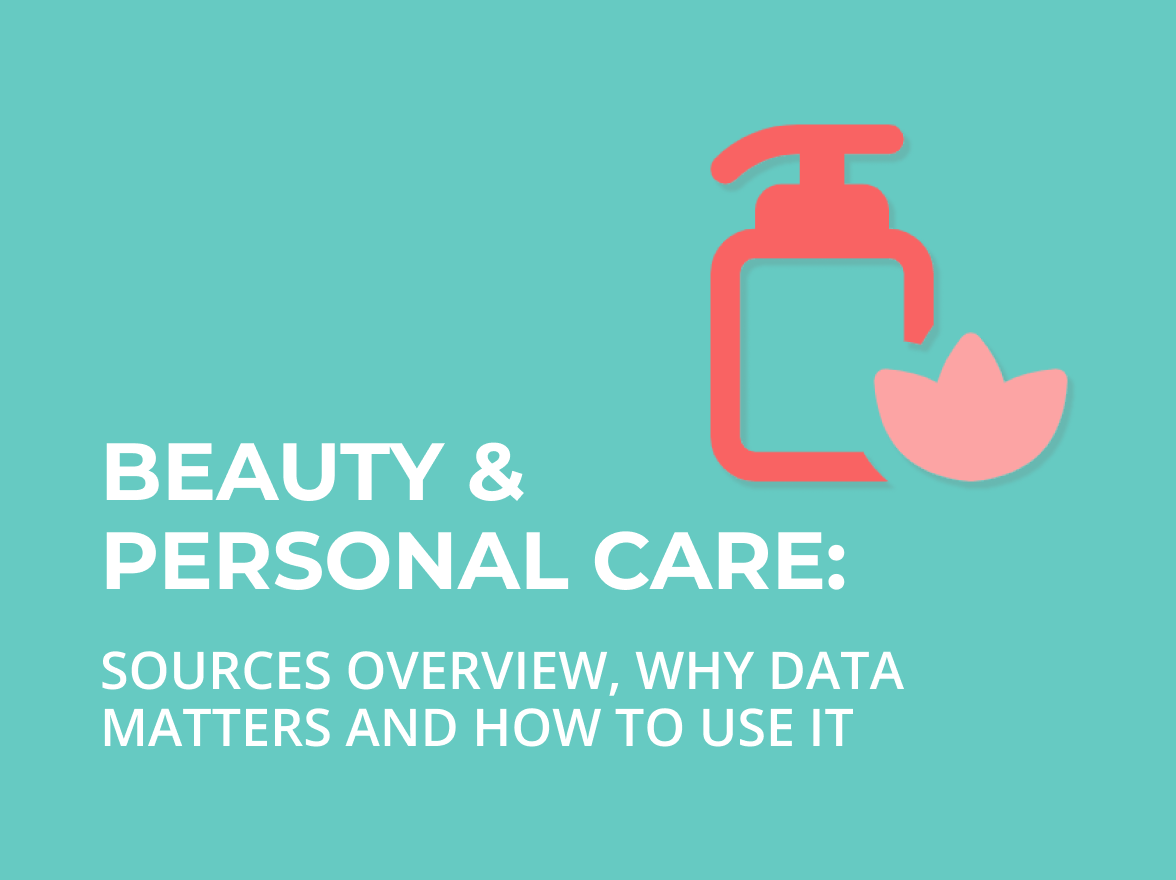Automotive products: Market overview, data sources, and regional leaders
The automotive products market, spanning car and motorcycle parts, accessories, consumables, tools, and tires, is vast, resilient, and increasingly digital-first.

In today’s fast-paced data-driven world, organizations increasingly rely on web data for market intelligence, product insights, and strategic decisions. A scraping company equipped to deliver high-volume data scraping services can be the secret weapon behind transformative analytics and competitive advantage. In this in-depth guide, we’ll explore the critical components that define an ideal partner for automated data collection at scale, including architecture, compliance, proxy management, and more. We’ll ensure everything adheres to EEAT (Experience, Expertise, Authority, and Trustworthiness) guidelines, so you can confidently choose the right big data scraping company. Plus, we’ll showcase real-world features, a comparison table, and actionable insights.
A top-tier scraping company isn’t just about code—it’s about domain expertise. Here’s why:
Companies lacking this depth may offer “blunt” solutions that break down under moderate scale or site complexity. An ideal scraping company brings a blend of legal awareness, technical skill, and vertical knowledge, delivering both enterprise-grade data extraction and reliable scalable web scraping solutions.
When dealing with massive volumes—hundreds of millions or even billions of records—the architecture behind the scraping engine defines success. Here’s what to look for:
1. Distributed scraping engine:
An ideal provider uses a distributed cluster of nodes across cloud providers or private data centers, coordinated by job queues and orchestration tools (e.g., Kubernetes, Airflow). This allows you to spin up dozens or hundreds of workers, ensuring crawl agility.
2. Intelligent task scheduling:
Rather than blasting every URL simultaneously, the platform batches jobs, enforces rate limits per domain, and balances load according to latency and historical success rates. This ensures respectful crawling and avoids IP bans.
3. Resilience & redundancy:
Workers should auto-recover from failures. If a node crashes mid-job, its queue item is re-queued. In-flight data is not lost, and fail-over handling ensures uninterrupted pipeline operation.
4. Data pipelines & storage:
Supports real-time or batch pipelines—typically Kafka, AWS Kinesis, or Azure Event Hubs backed—streaming results into robust storage (S3, GCS, HDFS, Azure Blob Storage) or feeding into ETL layers. Data integrity and schema consistency are paramount.
5. End-to-end automation:
From URL discovery to parsing, cleaning, normalization, and delivery, every step is automated. Clients should be able to specify a new crawl in minutes and let the system manage extraction.
Here’s a simplified comparison table to illustrate features across providers:
| Feature | Basic Provider | Ideal Provider |
| Distributed Workers | ❌ Single instance | ✅ Scalable Kubernetes / Docker clusters |
| Scheduling & Throttling | ❌ Manual rules | ✅ Dynamic, per-domain intelligent control |
| Failure Recovery | ❌ Limited | ✅ Fully automated retry logic |
| Data Pipeline | 🐢 Csv dumps manually | 🚀 Real-time streaming into data lake |
| Crawling Process Automation | ❌ No | ✅ High level of automation |
When evaluating high-volume data scraping services, ensure your vendor offers this level of automation. Scalability isn’t just volume—it’s smooth operation under massive and sustained load.
One challenge often underestimated is IP blocking. A high-volume data scraping operation without proper IP infrastructure is like driving a race car in rush-hour traffic. Here’s why proxy management matters:
In short, proxy management is the backbone of scalable web scraping solutions. Without a mature proxy layer, your high-volume collection will be delayed, inconsistent, and prone to legal or ethical risk.

Collecting massive amounts of raw HTML or JSON is only half the battle. Valuable insights come from clean, structured, and normalized data. An ideal scraping company excels in:
1. Structured extraction (Parsing):
2. Data cleaning & standardization:
3. Enrichment & annotation:
4. Schema validation & quality control:
5. Delivery formats & integrations:
These features differentiate a “data aggregator” from a truly enterprise-grade data extraction partner. With clean, standardized outputs, your downstream analytics can run smoothly, saving time and delivering reliable insights.
High-volume scraping often involves sensitive competitive intelligence or personal data. To be considered an ideal scraping company, your partner must demonstrate strong EEAT credentials through governance, compliance, and transparency:
This compliance posture builds trust. When you’re planning automated data collection at scale, it’s not enough to get vast quantities—you need assurance that your provider upholds ethical, secure, and legally sound practices.

Finally, the ideal scraping company combines technical strength with a partnership mentality:
This level of delivery fosters real collaboration, moving beyond “we run your scrapers” to strategic decision support. That’s the hallmark of a truly scalable web scraping solution.
Here’s a concise checklist to evaluate any big data scraping company for high-volume data scraping services:
Selecting an ideal scraping company for high-volume data scraping services means going far beyond superficial metrics. You need deep domain expertise, robust infrastructure, world-class proxy management, impeccable data quality, airtight compliance, and a supportive partnership model. These elements enable automated data collection at scale across millions—or even billions—of pages, providing real competitive intelligence and business value.
If you’re ready to tap into enterprise-grade data extraction with a partner who truly understands scale, complexity, and compliance, it’s worth investigating SSA Group’s full-service offerings. A top-tier scraping company, SSA delivers the architecture, quality, and governance you need to win in a data-centric era.
1. What differentiates a high-volume scraping service from a basic one?
High-volume services feature distributed infrastructure, automated retry logic, proxy rotation, data pipelines, and compliance frameworks—unlike basic services, where scraping is manual and brittle.
2. How important is proxy management for data collection?
Crucial—without resilient, multi-IP proxy pools, large crawls trigger blocks, CAPTCHAs, or bans. Proper proxy management underpins sustainable, scalable operations.
3. How do I ensure the scraped data is accurate and compliant?
Choose firms with schema validation, enrichment steps, periodic audits, and legal/privacy compliance checks. Certifications like ISO 27001 or SOC 2 add assurance.

The automotive products market, spanning car and motorcycle parts, accessories, consumables, tools, and tires, is vast, resilient, and increasingly digital-first.

The Beauty & Personal Care market is rapidly evolving — fragmented across private-label drugstores, prestige specialists, and fast-scaling e-commerce platforms.
you're currently offline